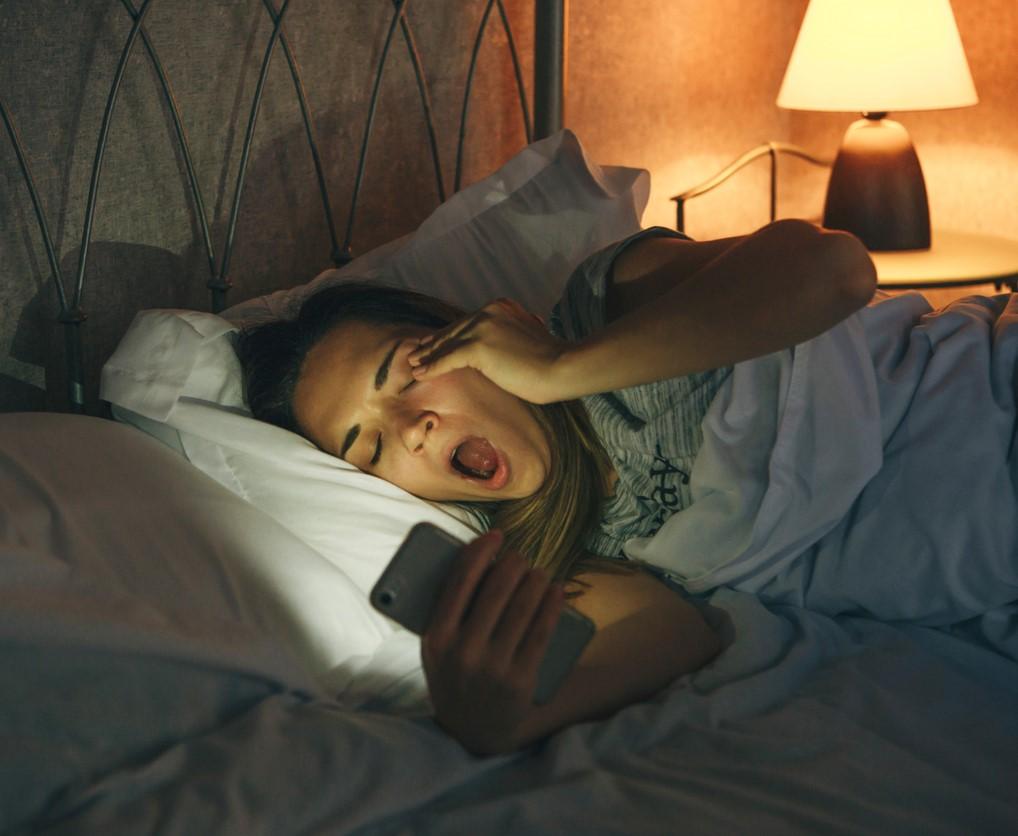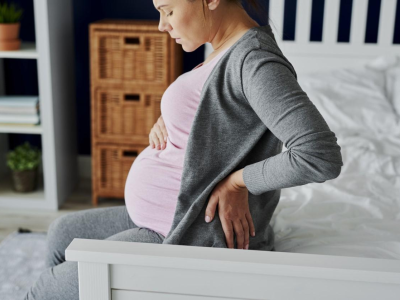Three quarters of US high school students didn't get enough sleep, and two-thirds had difficulty completing schoolwork, in 2021 amid the pandemic, according to a survey study published late last week in Preventing Chronic Disease.
Researchers at the Centers for Disease Control and Prevention (CDC) analyzed Adolescent Behaviors and Experiences Survey data collected from 7,705 students in grades 9 to 12 from January to June 2021.
The American Academy of Sleep Medicine recommends that adolescents aged 13 to 18 sleep 8 to 10 hours a night. "Short sleep duration among adolescents is linked to higher risk of injury, worse metabolic and mental health, and difficulty focusing," the researchers wrote.
Poor mental health in 37%
Most respondents (76.5%) reported sleeping for an average of less than 8 hours per school night, and 66.6% said they struggled more with schoolwork than they did before the pandemic.
Teens who slept less than 7 hours per school night were 17% more likely to report difficulty with schoolwork than those who slept 8 to 10 hours (Pearson correlation r [PR] for 6 hours of sleep relative to at least 8 hours, 1.17; 5 hours, 1.18; 4 or fewer hours, 1.20).
"The unadjusted models confirmed the hypothesized association between short sleep duration and greater difficulty doing schoolwork, which remained robust after adjusting for covariates," the researchers wrote.
A total of 37.1% of teens reported poor mental health, which correlated with inadequate sleep (PR, 0.22). Fewer students who slept at least 8 hours a night (25.2%) reported poor mental health, while 49.1% of those who slept 5 hours or less each night and 55.9% who slept less than 4 hours said their mental health was poor.
Students who reported poor mental health were 17% more likely to say they had difficulty doing schoolwork than those who didn't report mental health challenges. Poor mental health didn't mitigate the link between inadequate sleep and problems completing schoolwork.
A total of 37.1% of teens reported poor mental health, which correlated with inadequate sleep.
Respondents who spent 5 or more hours of daily screen time had a slightly lower likelihood of reporting more difficulty doing schoolwork than those who had less screen time (PR, 0.95). In the adjusted analysis, sex, grade, and hunger status weren't tied to difficulty doing schoolwork, but Hispanic students were more likely than their White peers to report academic struggles.
Later school start times may help
The researchers cautioned that they couldn't assess sleep quality or account for potential confounding factors such as socioeconomic status or whether school attendance was in-person, online, or a hybrid of the two.
"The latter may have influenced wake times and sleep duration, even if school start times were unchanged," they wrote. "Instruction modality may also have influenced self-reported screen time; the question excludes time doing schoolwork but does not specify whether to count time using screens to attend school. This may help explain the counterintuitive finding that a high level of screen time was inversely associated with greater difficulty doing schoolwork."
The authors said that, even before the pandemic, shorter sleep duration was becoming more common among US high school students, at 77.9% in 2019, up from 74.6% in 2017.
"Teachers have identified behavioral and mental health challenges among the leading barriers to addressing learning gaps during the 2022–2023 school year," they wrote. "Policies known to improve sleep duration among students, including later school start times and family practices, such as good sleep habits and parent-set bedtimes, might help support both learning and mental health."



















